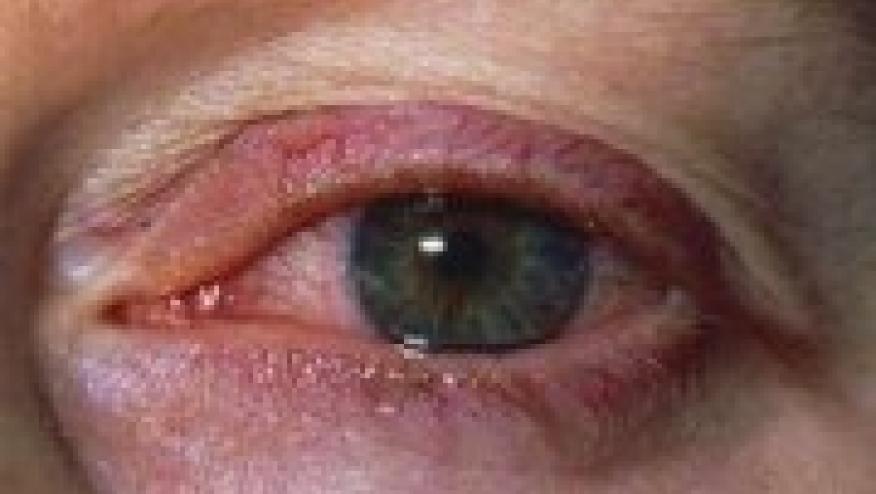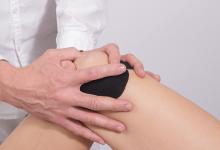Adalimumab Lowers Risk of Uveitis Flares in Visual I Study Save

Rheumatologists may encounter patients with intermediate, posterior and pan-uveitis as part of certain rheumatic diseases such as Behcet’s, but more frequently may be called on to co-manage these patients with steroid sparing agents.
A recent prospective phase 3 trial looked at 223 adult patients with non-infectious uveitis randomized to receive either adalimumab or placebo and followed for efficacy and safety of adalimumab. This trial was performed in 18 countries from August 2010 through August 2014.
Patients were randomized in a 1:1 ratio to receive adalimumab or placebo and followed for a primary endpoint of time to treatment failure at or after 6 weeks. All patients received prednisone 60 mg at week 0 with a protocoled tapering schedule such that prednisone course was completed by week 15.
Patients in the adalimumab group received a loading dose of 80 mg subcutaneously followed by 40 mg every other week. Underlying diagnosis included idiopathic uveitis (81 patients), birdshot choroidopathy (44), Vogt-Koyangi-Harada disease (25), sarcoidosis (18), Behcet’s disease (16), multifocal choroiditis and panuveitis (11) and other (22). Of note, trial participants had a diagnosis of active intermediate uveitis, posterior uveitis or panuveitis – not anterior uveitis which while common, rarely requires such aggressive therapy.
217 patients were included in the intention-to-treat analysis. In the adalimumab group the median time to treatment failure was 24 weeks compared to 13 weeks in the adalimumab group. Patients receiving adalimumab were less likely to have treatment failure compared to placebo (HR, 0.5; 95% CI, 0.36 to 0.70; P<0.001).
There were more adverse events in the adalimumab group (1052.5 per 100 PYs compared to 971.1 per 100 PYs) with the majority being injection-site and allergic reactions. There was no significant difference in serious infections between the two groups. No new safety signals were identified.
This study suggests that adalimumab use in patients with noninfectious uveitis results in a lower risk of flares but with more adverse events.







If you are a health practitioner, you may Login/Register to comment.
Due to the nature of these comment forums, only health practitioners are allowed to comment at this time.